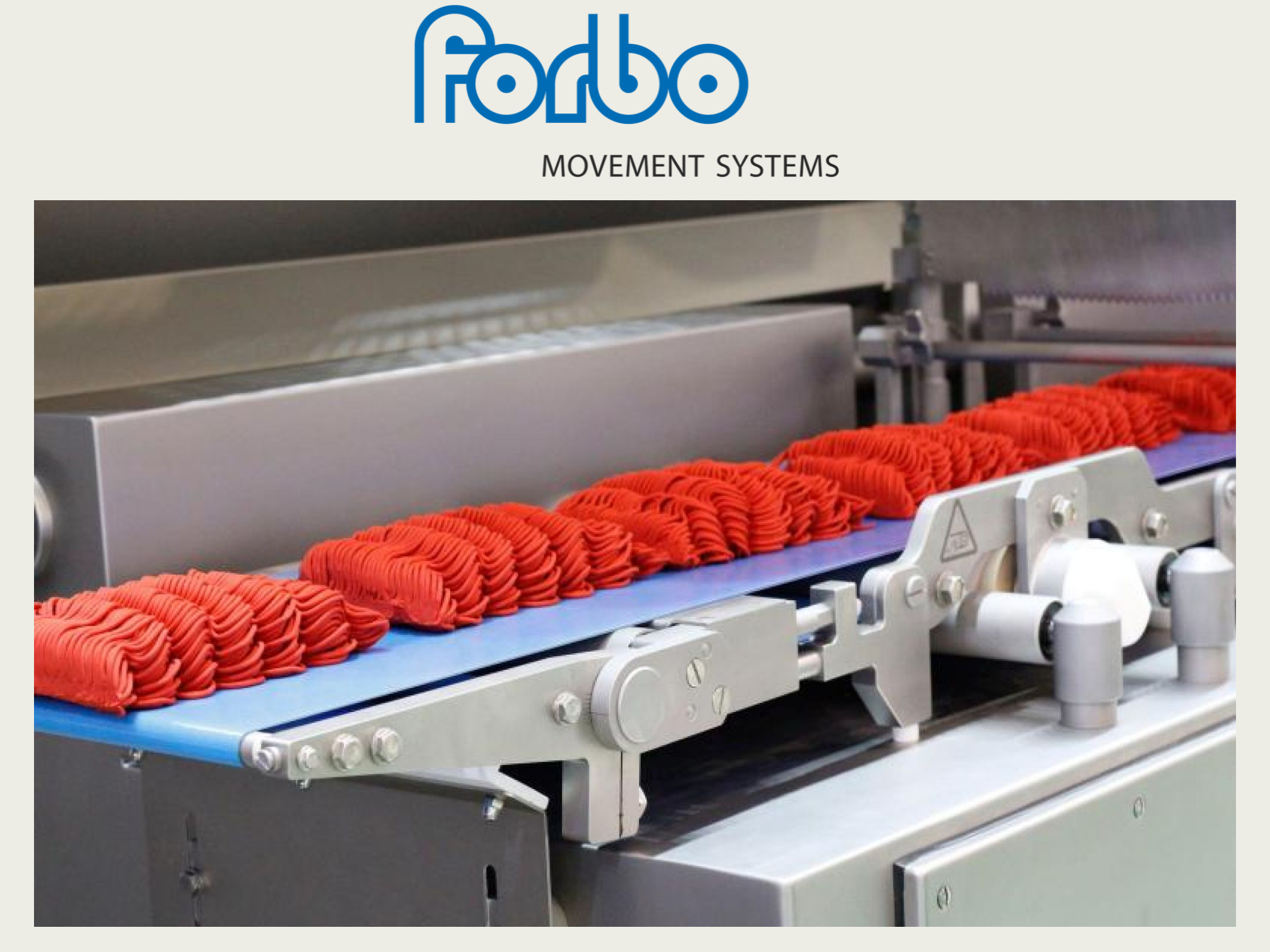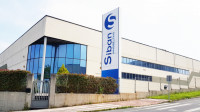The invisible shield of quality: a hygienic approach to production equipment
Pharmaceutical, food, and chemical industries operate in environments where cleanliness is not just a regulatory requirement, but a key factor for safety. Constant moisture, aggressive chemicals, high temperatures, and strict quality control — all of these put equipment and components to the test every day.
In such conditions, equipment must not only be reliable. It must also:
🔹 be easy to clean,
🔹 not collect dirt,
🔹 withstand powerful chemicals,
🔹 avoid “dead zones” where bacteria can accumulate.
That’s why hygienic design is not a trend but the new standard. It’s an engineering approach where every detail — from shape to material — serves one primary goal: maximum cleanliness and safety.
What does this mean in practice?
✔️ Equipment with smooth surfaces and rounded contours
✔️ Components that can be quickly disassembled for cleaning
✔️ No gaps or crevices where dirt can accumulate
✔️ Materials resistant to disinfectants and chemicals
Because even the slightest imperfection is a risk: production line downtime, product recalls, reputational damage, and financial loss.
That’s why leading manufacturers of drive and conveyor equipment integrate hygienic solutions right at the design stage. They create reliable, safe, and durable components — from belts to gearboxes — that can operate in the harshest conditions.
Here are a few examples of such technologies that are already transforming hygiene standards in production:
In Forbo’s polymer and modular belts, special attention is paid to resistance against hydrolysis, oils, fats, and moisture. The shapes of the products are designed based on real-world customer experience, focusing on easy cleaning and maximum resistance to contamination. These products offer a range of features critical for hygienic environments:
- adaptive module shapes and special types of polyurethane that are easy to clean;
- chemical and thermal resistance, enabling operation in aggressive conditions;
- various textures and coatings tailored to the product and technology.
Forbo belts are highly adaptable and suitable for transporting, shaping, and texturing products — from pastries to meat products.

Another key point in ensuring hygiene is the conveyor belt cleaning system. This is where the Flexco FGP cleaner comes in handy, as it is designed with hygienic design principles in mind:
- less than a minute and the cleaner is completely disassembled for cleaning;
- plastic or metal-detectable blades;
- all parts are made of food-grade stainless steel.
This is the optimal solution for food production facilities where fast and effective cleaning is critically important.

And even drive equipment can be absolutely safe if its design meets the highest hygienic standards. A prime example is Dertec gear motors, which:
- Are designed according to the principles of EHEDG (European Hygienic Engineering & Design Group). They feature smooth surfaces without recesses, holes, or ribs where dirt, moisture, or bacteria could accumulate. This makes the gear motors easy to clean and quick to dry.
- Are made of AISI 316 stainless steel, known for its high resistance to corrosion, acids, cleaning agents, and steam.
- Have a high protection rating of IP69K, ensuring reliable operation even under high-pressure hot water jets — critically important for daily washdowns in production environments.
Their design complies with HACCP system principles, simplifying integration into technological processes with strict hygiene and safety requirements in the food, pharmaceutical, and chemical industries.

Tsubaki Lambda Neptune chains, in addition to their excellent anti-corrosion properties, are also lubrication-free and are ideal for industrial environments where lubrication is a potential source of contamination. They feature sintered metal bushings, impregnated with NSF-H1 food grade grease and vacuum sealed.
Micropores in the monolithic bushings retain the lubricant inside, ensuring long-term operation without external lubrication. And the NSF-H1 standard guarantees safety even in case of accidental contact with food.
For even more aggressive environments - the Tsubaki SS series made of SUS304 stainless steel. It is resistant to moisture, acids, detergents and temperatures up to +400°C.
These chains are built to perform where others fail — without lubrication, without corrosion, without risk.

Need advice on hygiene solutions for your production? Contact us - we will find the optimal solution for you.
Beltimport - when cleanliness, quality and reliability work together.







Comments